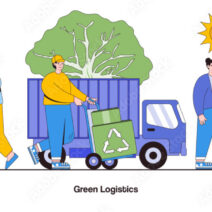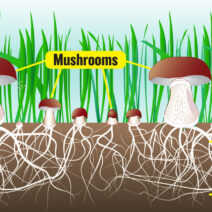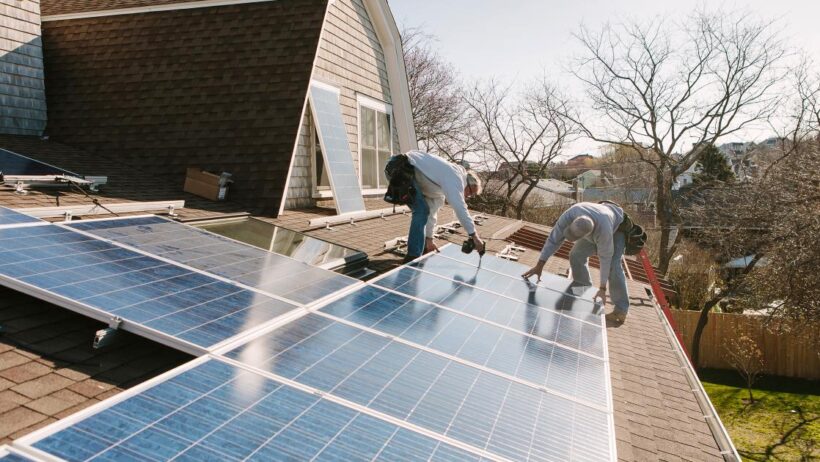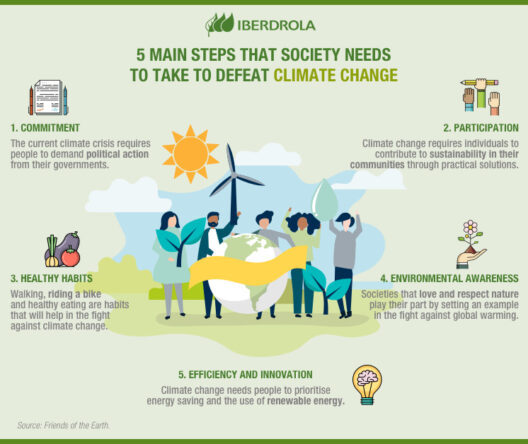In an era marked by unprecedented ecological challenges, the question arises: How can we effectively combat global warming? With mounting evidence suggesting that human activities are amplifying climate change, it is imperative that we adopt sustainable practices in our daily lives. The task may seem daunting, but the cumulative effect of individual actions can engender substantial change. Let’s delve into realistic strategies that everyone can implement to help stop global warming.
First and foremost, consider the mode of transportation. Have you ever pondered the environmental implications of your daily commute? Opting for public transportation, carpooling, cycling, or walking instead of driving alone can significantly reduce greenhouse gas emissions. Each car off the road diminishes air pollution and mitigates traffic congestion, creating a ripple effect of benefits. Moreover, electric vehicles (EVs) offer another sustainable alternative. By harnessing renewable energy sources, EVs can substantially decrease your carbon footprint.
Energy conservation stands as another pillar of climate action. Are you aware of how much energy your household consumes? Simple changes can yield large dividends. Swap traditional incandescent bulbs for energy-efficient LED lights, utilize smart thermostats, and unplug devices when not in use. These practices not only curb energy consumption but also reduce utility bills. Additionally, consider conducting an energy audit to identify and address inefficiencies within your home. This systematic approach ensures that you are maximizing your energy savings while contributing to a larger environmental cause.
Next, let us turn to the realm of food consumption, where our choices have profound environmental repercussions. Have you considered the origin of your food? The agricultural industry significantly contributes to greenhouse gas emissions, deforestation, and water depletion. Transitioning to a plant-based diet, even if just for a few days a week, can profoundly reduce your carbon footprint. Engage in the practice of mindful consumption by sourcing produce from local farmers’ markets. This not only supports local economies but also minimizes the carbon emissions associated with transportation.
What about waste management? The contemporary consumer culture thrives on disposability. It raises a compelling question: How can you reduce, reuse, and recycle effectively? Embrace the principles of the circular economy by minimizing single-use plastics and opting for reusable alternatives. Invest in a composting system to divert organic waste from landfills, where it generates methane—a potent greenhouse gas. Educating yourself on proper recycling practices can also enhance your recycling efforts, ensuring that materials are correctly sorted and processed. Your proactive approach in these seemingly mundane aspects of daily life can yield significant environmental dividends.
Another effective avenue for combating climate change is through advocacy and education. Do you feel passionate about environmental issues? Use your voice to influence change within your community. Engage with local policymakers to advocate for sustainable practices, such as renewable energy initiatives or urban green spaces. Joining environmental organizations or local activist groups can provide further opportunities to effects change on a larger scale. Furthermore, sharing information about the climate crisis on social media platforms can help raise awareness and inspire others to take action.
A lesser-known but vital aspect of climate action involves water conservation. While often overshadowed by other environmental concerns, water scarcity is an emerging global crisis. Are you aware of your water usage? Implementing simple practices, such as fixing leaks and utilizing water-efficient appliances, can conserve precious freshwater resources. Rethink your landscaping choices, replacing water-intensive lawns with native plants that require minimal irrigation. Every drop counts; hence, fostering a culture of mindfulness around water usage can contribute significantly to overall sustainability.
Furthermore, supporting renewable energy sources is paramount in the quest to mitigate climate change. Have you explored renewable energy options for your home? Investigating solar or wind energy systems could yield significant long-term savings on energy costs while promoting a cleaner environment. Additionally, consider purchasing energy from certified green energy providers, which can further support the transition away from fossil fuels. Your choice to use renewable resources can send a powerful message and inspire others to follow suit.
Lastly, contemplation of personal financial practices can yield substantial impacts. Are you aware of the ethical implications associated with your financial institutions? Supporting banks and investment firms that prioritize sustainability can drive critical investments in green initiatives. Look for companies that adhere to environmental, social, and governance (ESG) criteria when making investment decisions. By redirecting your financial resources toward sustainable businesses, you are empowering them to innovate and thrive, ultimately contributing to a more sustainable future.
In conclusion, the challenges posed by global warming require collective action fueled by individual commitment. From reducing your carbon footprint through transportation choices and energy conservation to advocating for systemic changes in your community, every action counts. As you contemplate these strategies, challenge yourself to integrate them into your daily life. You hold the power to instigate this crucial change, not just for yourself but for generations to come. Remember, however small your efforts may seem, they play a vital role in the larger tapestry of environmental stewardship. Are you ready to embrace the challenge of helping to stop global warming?








